CONTENTS
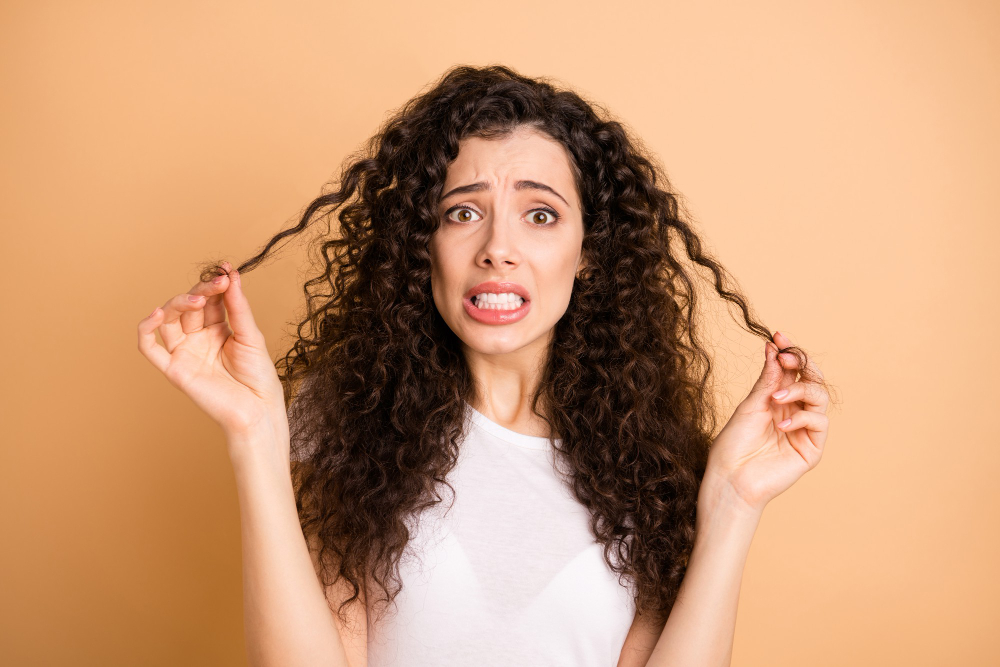
Coarse Hair, Don’t Care: Embracing Your Natural Texture and Learning to Love It
Welcome to the ultimate guide to caring for coarse hair, also known as thick hair.
If you have coarse hair, you may have wondered what it means and how to care for it properly. Coarse hair is a hair type that has a larger diameter than other hair, which can make it prone to frizz.
But don’t worry!
With the right knowledge and care, you can embrace your natural texture and learn all there is to know about coarse hair.
What is Coarse Hair?
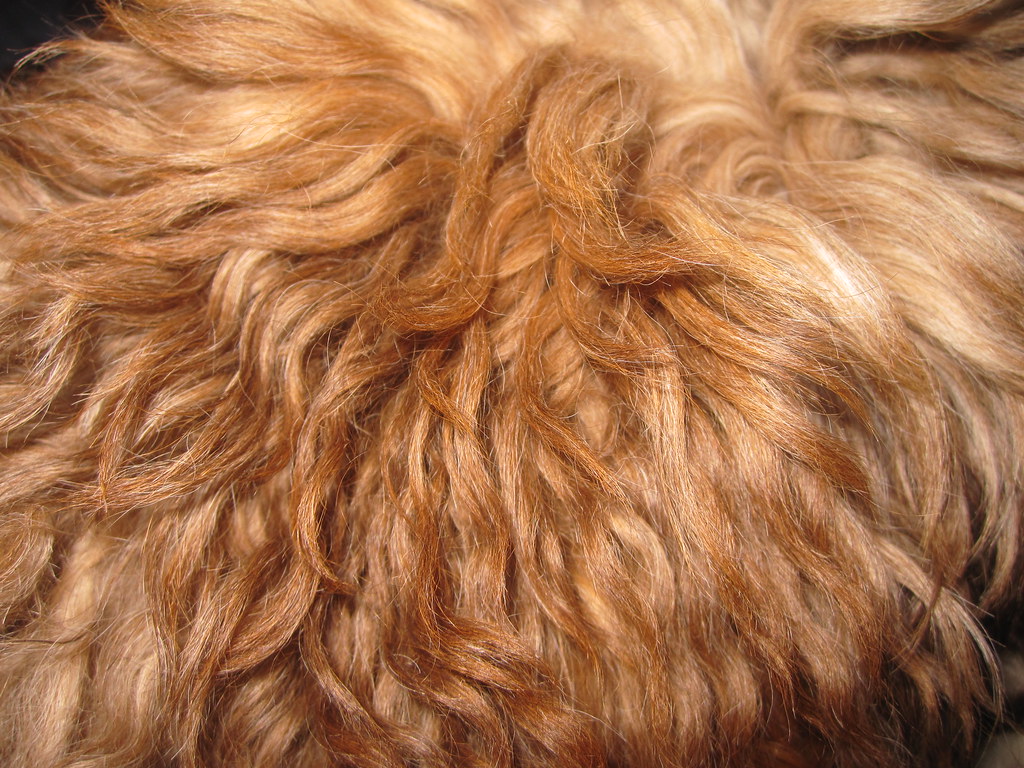
Naturally, coarse hair is characterized by hair strands with thicker hair shafts, which gives them a larger diameter than other hair strands.
This often results in hair that feels thick and can be prone to frizz. Additionally, the texture of coarse hair can feel rough to the touch. Coarse hair can also come in different types of hair strands, such as curly or straight, and its density can vary from person to person.
How to Identify Coarse Hair
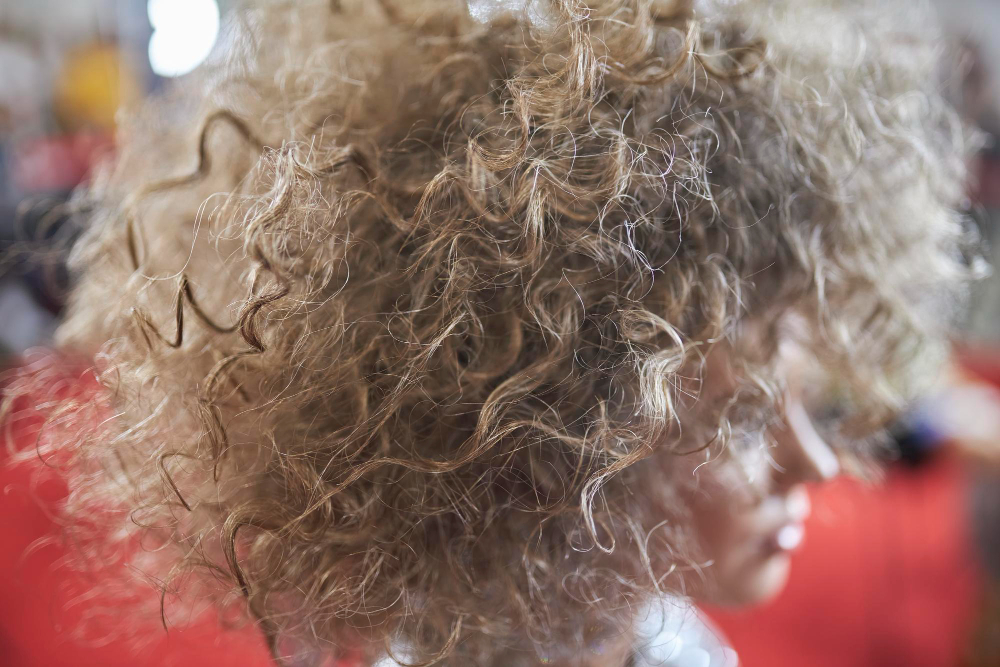
Elasticity
As a hair type, coarse hair has less elasticity than other hair types, which means it’s less likely to bounce back after being stretched.
Diameter
The larger diameter of each hair strand in coarse hair results in a thicker overall appearance compared to other hair types.
This thickness can give coarse hair a more voluminous look, but it can also make it more difficult to manage and style. Additionally, the increased thickness of coarse hair can contribute to its tendency to become frizzy or unruly.
Density
The density of coarse hair can vary depending on the hair texture, with some people having a lower thickness of hair strands per square inch than other hair types.
This can contribute to the overall thickness of coarse hair, as well as affect how voluminous it appears.
Causes of Coarse Hair
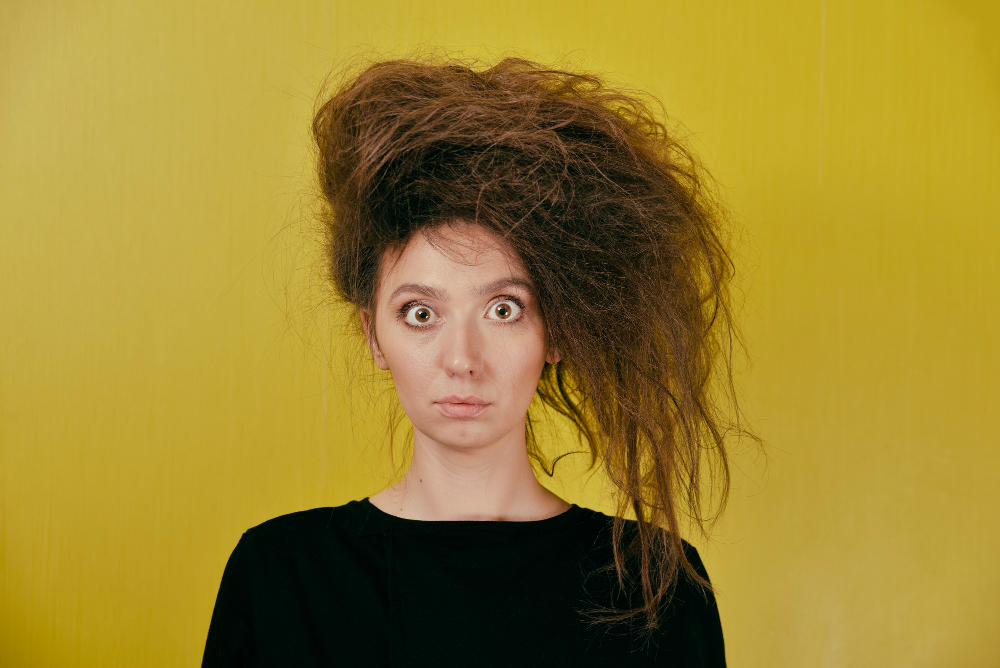
The causes of coarse hair can be complex and multifaceted, with genetics, ethnicity, and environmental factors all playing a role.
Some people are genetically predisposed to have coarse hair. In contrast, others may develop it over time due to exposure to heat styling tools, chemical treatments, or environmental factors like sun exposure or humidity.
How to Care for Coarse Hair
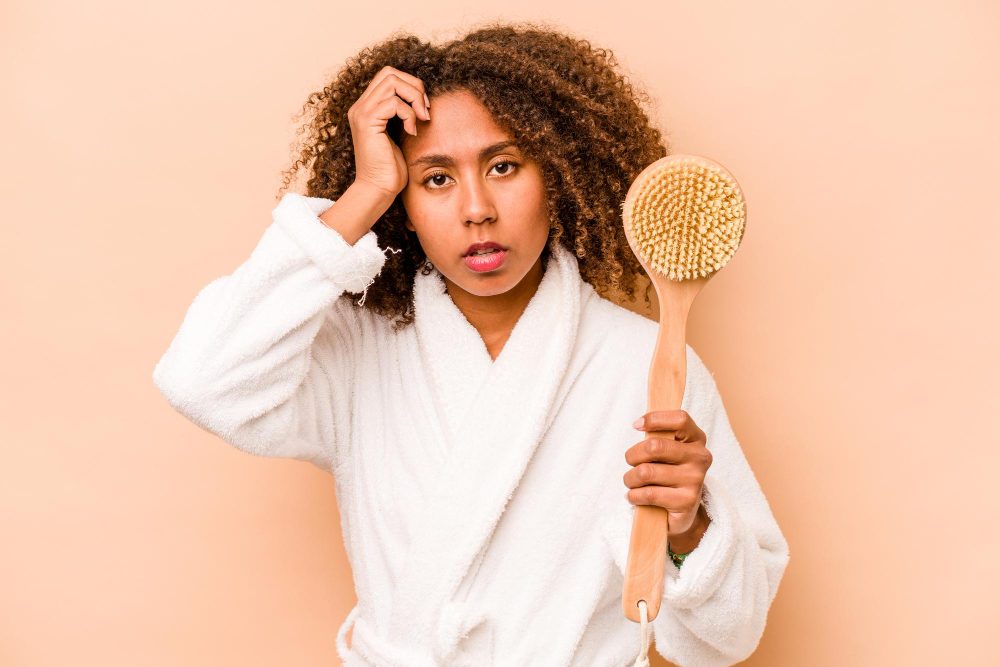
Use conditioning products
To help soften coarse hair and keep it healthy, it’s essential to use a conditioner specifically formulated for this hair type.
Coarse hair tends to be dry and brittle, so it’s important to use a hydrating conditioner that can help to restore moisture and improve the hair’s texture.
Try deep-conditioning hair masks and hot oil treatments
Using a deep-conditioning hair mask or hot oil treatment on a regular basis can be especially helpful for those with naturally coarse hair. These treatments can help to restore moisture and improve the overall health of your hair, leaving it feeling softer and more manageable.
When choosing a hair mask, look for products formulated with ingredients like avocado oil, honey, or keratin, which can help nourish and hydrate coarse hair.
Select shampoo specially formulated for coarse hair
To care for coarse hair properly, choosing the right shampoo and using it regularly is essential. Look for shampoos that are specially formulated for thick, coarse hair, as these products can help to soften and hydrate your hair while also controlling frizz and promoting shine.
Using a shampoo that is too harsh or not designed for your hair type can strip your hair of its natural oils, leaving it dry, dull, and difficult to manage.
Therefore, choosing a gentle, hydrating shampoo and using it regularly as part of your hair care routine is crucial.
Try co-washing
To combat frizzy hair, co-washing can be a great alternative to traditional shampooing. This technique involves using conditioner instead of shampoo to cleanse your hair, which can help to retain moisture and reduce frizz.
Avoid alcohol-based products
Alcohol is commonly used in hair products as a preservative and to help other ingredients evaporate quickly. However, it can also dry the hair, especially for those with coarse or curly hair.
To avoid this, it is best to avoid using products that contain alcohol and opt for gentler alternatives instead. This will help to keep your hair healthy, soft, and manageable.
Frequently Asked Questions
Is it good to have coarse hair?
Yes! Coarse hair can be a beautiful and unique hair type, and with the right care, it can be healthy and vibrant.
Does coarse hair mean dry?
Having coarse hair does not always mean that it is dry. While coarse hair may be more susceptible to dryness, it is important to evaluate the unique needs of your hair and provide appropriate care accordingly.
How do I know if my hair is coarse?
To find out if your hair is coarse, you can measure the width of individual hair strands. If your hair has a rough and thick texture, it’s probably coarse.
Conclusion
Coarse hair can be a beautiful and unique hair type, but it requires special care to look its best
By using conditioning products, avoiding alcohol-based products, and selecting shampoos that are specially formulated for coarse hair, you can help your hair look and feel its best.
Embrace your natural texture and learn to love your hair, coarse hair, don’t care!


